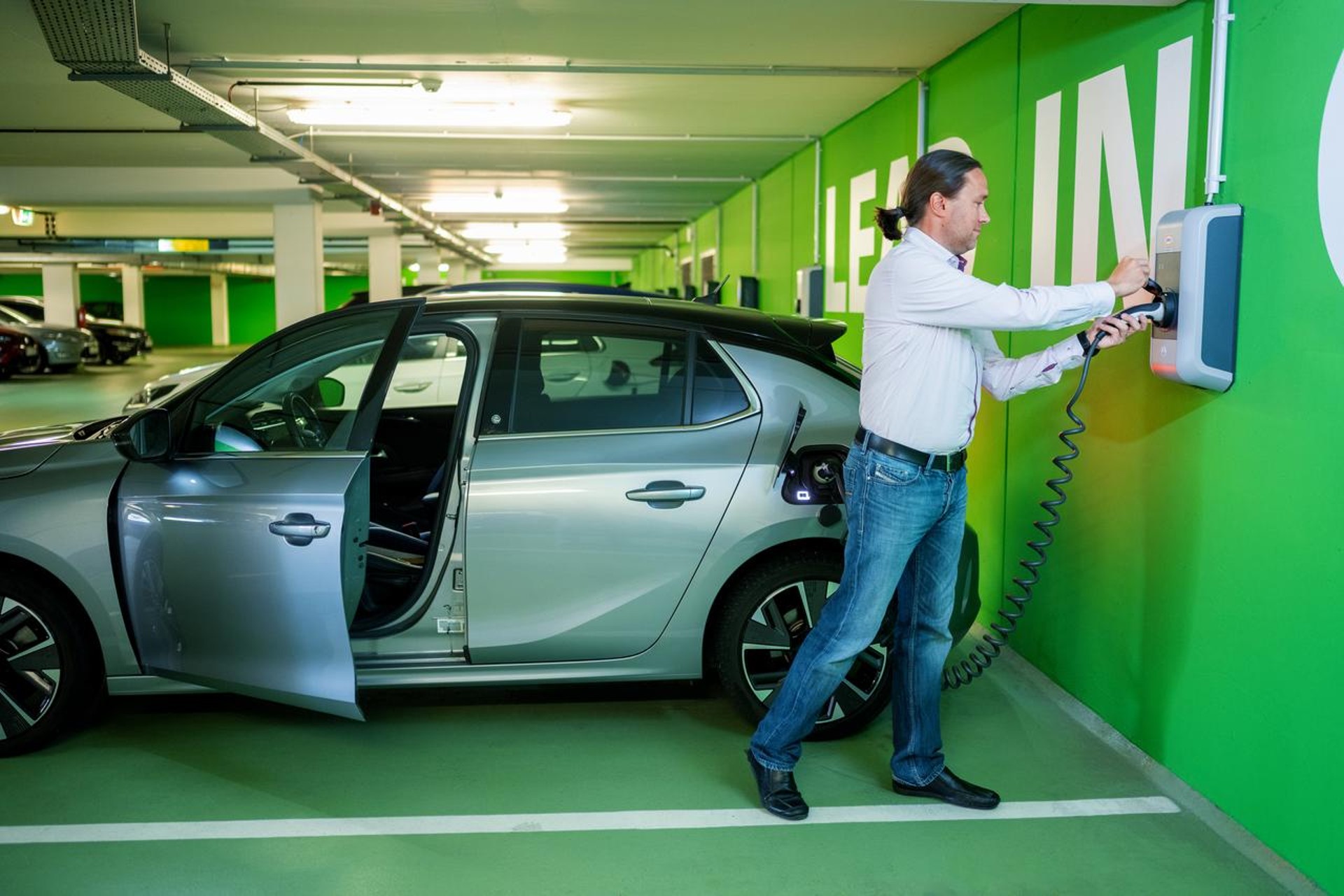A new EV? 5 tips to consider when purchasing

Motorists are uncertain about what to expect in the coming years regarding subsidies and regulations for electric driving. This uncertainty has made drivers hesitant when it comes to purchasing an electric vehicle (EV), especially in the private sector. However, this doesn't mean that we are not preparing for the acquisition. Mobility service provider DKV Mobility shares five tips to help you make an informed decision when buying your EV.
Tip 1: Tailor the range to your needs
The saying 'you get what you pay for' applies to EVs as well. Therefore, it's essential to consider the range of a car, i.e., how far you can drive on a full battery. EVs with larger batteries (> 60kWh) can easily cover 350 kilometers. This means you can travel e.g. from the North to the South of the Netherlands on a single charge, which is substantial. Therefore, carefully consider the car's intended use and the distances you regularly cover. Based on that, you can decide which price range and range suit you.
Tip 2: Examine energy consumption
At home and in our surroundings, we often focus on reducing energy consumption. For EVs, actual energy consumption is more challenging to determine compared to commonly used energy-efficient devices. Did you know that the difference in energy consumption between two similar EVs at an annual mileage of 40,000 km can exceed 2,800 kWh? This is equivalent to the average annual consumption of a small intermediate house! Therefore, it's wise to research the energy consumption of your future EV.
Tip 3: Compare charging speeds
Another crucial point to consider when choosing your future EV is the charging time. The charging speed depends not only on the charging station and the available power but also on the car itself. If fast charging is important to you because you're often on the road or have a small battery, make sure you know which car can charge quickly at (fast) charging stations. Manufacturers can provide information on this. However, keep in mind that charging time also depends on the battery temperature. It's not surprising that charging takes longer in winter than in summer when the battery is already somewhat warmed up.
Tip 4: Check the costs of home charging versus public charging
To get a clear picture of the costs associated with driving an EV, it's wise to explore charging options. While public charging points may be cheaper, a home charging station offers convenience and time savings. Therefore, research the costs of home charging and consider that the amount of kWh usually exceeds the energy cap. It's a good consideration to include in your cost analysis: do you prefer the convenience of home charging, or do you want to save costs with sometimes more economical public charging points?
Tip 5: Explore the car offerings and charging options
Purchasing an EV takes time and is not something you decide overnight. Immerse yourself in all the possibilities of EVs and research the automotive market. Determine what is important to you in an EV and find out which cars meet those criteria. Also, investigate in advance what options are available for home charging and what the costs are. Equally important: is your fuse box suitable for a charging station, and does the homeowners' association (VvE) permit its installation if you live in an apartment? Answering these questions prevents disappointment and ensures carefree driving pleasure.
"There are many aspects to consider before deciding to purchase an EV. Therefore, prepare yourself well so that you can make informed choices. Despite the current uncertainty about subsidies, it is wise to look ahead to future electric possibilities. Good preparation is not wasted time but an investment in a greener future," says Bas Bullens, eMobility expert at DKV Mobility.
